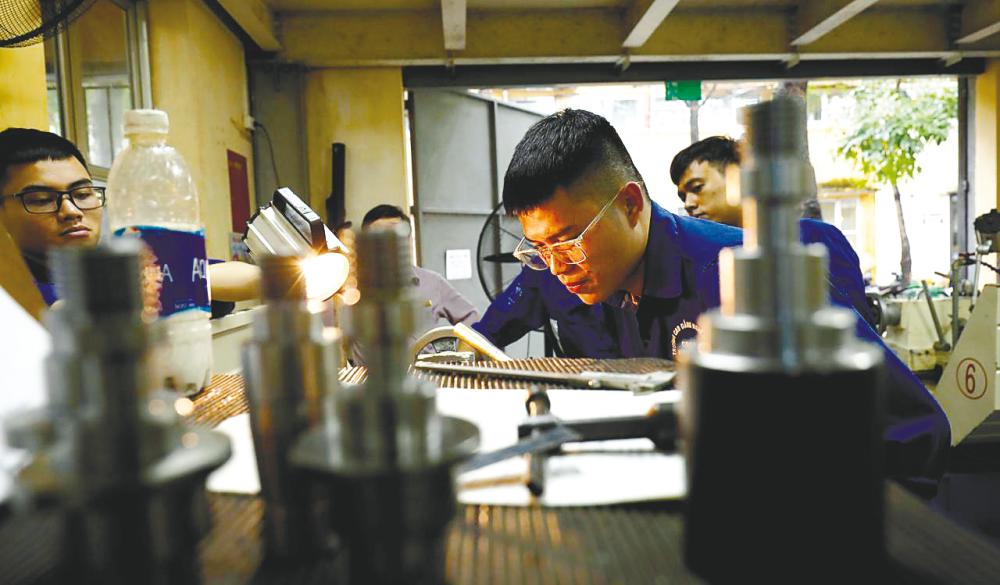PETALING JAYA: Although Malaysia’s unemployment rate has eased to 4.3% in November 2021 from its high of 5.3% recorded in May 2020, the growing mismatch between skills and jobs is casting a shadow over job security, labour productivity, and attractiveness to investors.
According to Socio-Economic Research Centre (SERC) executive director and economist Lee Heng Guie, Malaysia’s labour productivity growth between 2016 and 2020 was 1.1%, which was lower than the expected growth of 3.4% under the 12th Malaysian Plan.
“The rate of skill-related underemployment is at 37.7%, which is high, for employees with tertiary education. While time-related underemployment is at 2.1% in Q3’21. There is a skills mismatch, something the government should focus on (to ensure productive transformation and continuous job creation).
“Quality investment, technology adoption, digitalisation, and high-skilled labour are keys to supporting the country’s transition to a high-income economy and economic expansion, thus, Malaysian should not be highly dependent on semi-skilled and low skilled workers,“ Lee said in his presentation on Malaysia’s Key Sectors Outlook for 2022 at the Rehda Institute CEO Series 2022 Annual Property Developers Conference recently.
Lee said the country will take some time to go back to the pre-pandemic level given the uneven recovery in some sectors, such as travel, retail, and aviation, as well as the labour displacement by digital technology disruptions.
He said the uneven recovery contributed to an increase in unemployment while skills mismatch is due to changing demands in the labour market. A person can be simultaneously overqualified and underskilled when the field of education does not correspond to the field of occupation.
“There were many initiatives announced in the past two years after the onset of the Covid-19 pandemic. I hope employees and industry leaders will make use of the incentives available to continue upskilling to meet the labour market demand.”
Concurring with Lee’s views is economist and former Bank Negara Malaysia deputy governor Tan Sri Dr Lin See-Yan, who said policy reform is the key to upskilling the labour force and increasing high-skilled labour.
“If the country’s investment policy does not promote high skilled investment, the country cannot have high-skilled labour. For example, (policymakers) often boast of Penang’s exports of electronic and electrical parts. (The reality is) they are not doing well. They are producing electronic products that are so yesterday and slowly dying off. They are not getting involved in the high-end development and production – again, it is down to policies.
“We are not attracting foreign investment to produce increasingly high-end products. If we do not have that we cannot grow,“ he said during a panel discussion at a conference entitled “Charting Malaysia’s Recovery: How Can Industry Stakeholders Work Together to Rebuild Malaysia’s Economy?”
According to the International Labour Organization, skills mismatch has negative consequences for the productivity and competitiveness of companies, which affects their ability to implement new products, services or technologies. While for countries, skills mismatch can increase unemployment, and affect competitiveness and attractiveness to investors.













